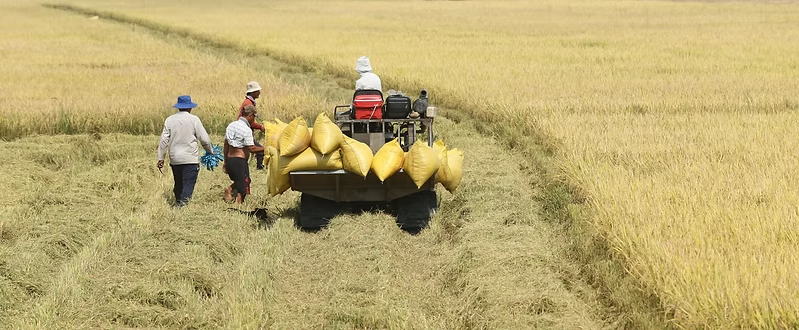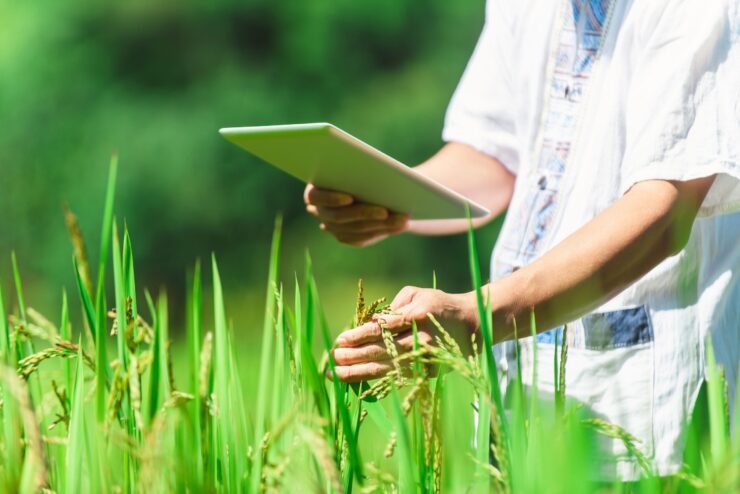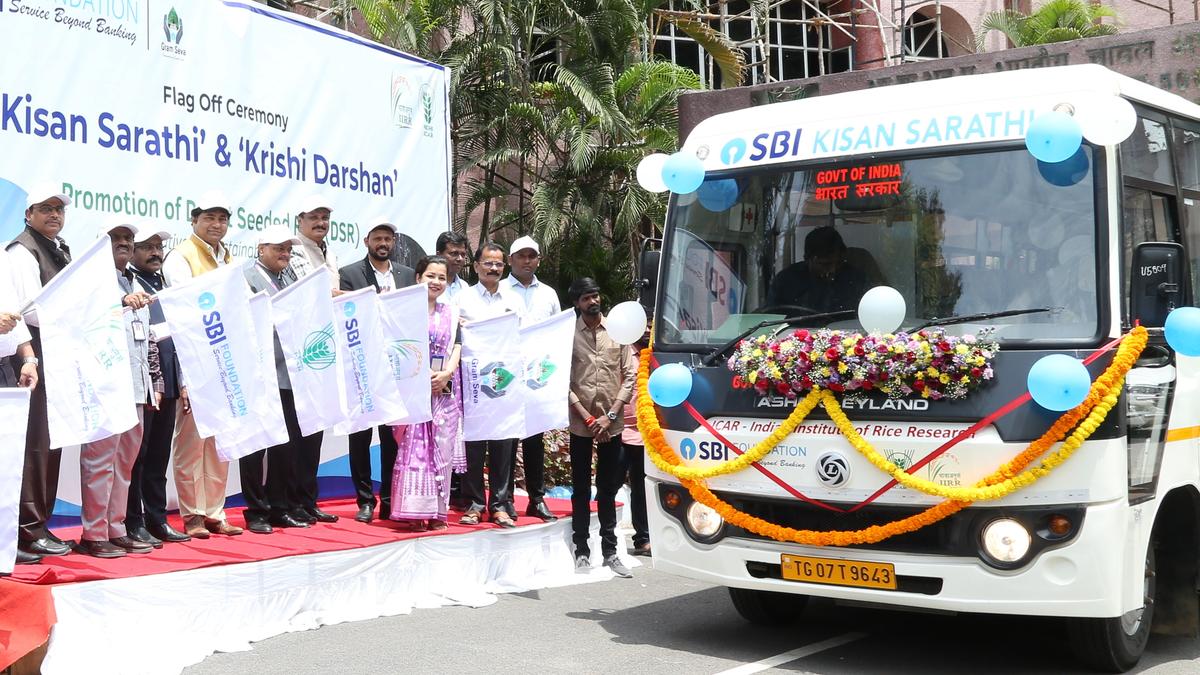Tags
Sustainable tomorrow: How satellite data is bolstering precision farming in India
Booming IT sector and extensive agricultural IT research indicate good prospects for smart farming

Precision agriculture, a method that employs advanced technology to optimise inputs and improve farm productivity, is developing significantly in India. Although the full-scale implementation of precision agricultural technologies seems a distant future for the Indian agricultural sector, the booming IT sector and extensive agricultural IT research indicate promising prospects for smart farming to revolutionise the industry.
India’s precision agriculture market is experiencing a rapid growth trajectory and is projected to expand at over 10 per cent to reach $99 million by 2025. This growth is driven by increasing concerns for food security, highlighting the importance of such technological advancements in the agricultural sector.
Tech-based interventions
To further support digital advancements in agriculture, the Indian government has launched the “India Digital Ecosystem of Agriculture” plan, which is focused on “AgriStack”, a suite of technology-based interventions that lay the foundation for digitalization in the sector. Additionally, to facilitate the integration of agriculture markets and enhance the efficiency of trade, the National Agriculture Market (eNAM) online trading portal was introduced, connecting over 100 commodities across the nation and aiming to create a more integrated market for agricultural products.
In an effort to develop and disseminate region-specific precision farming technologies, the Government of India has established 22 Precision Farming Development Centres (PFDCs) throughout the country. These centers focus on a wide range of high-tech agriculture practices, including micro-irrigation, vertical farming, hydroponics, aeroponics, protected cultivation, and plasticulture, with the ultimate goal of maximizing production and productivity per unit area.
Such initiatives are part of a broader movement towards sustainable agriculture, which is vital for India’s food security. With the global population on the rise and an expected need to increase global food production by 60 per cent by 2050, India faces the dual challenge of increasing productivity while ensuring sustainability. The adoption of precision agriculture is seen as a key strategy in addressing these challenges.
Challenges on hand
The use of satellite imagery and AI in agriculture allows for precise monitoring and decision-making, improving crop yields and resource management. However, challenges such as high implementation costs, data interpretation difficulties, and the complexity of technology integration remain. Overcoming these barriers is essential to fully leverage the potential of precision farming tools.
In conclusion, the integration of advanced computing technologies with satellite imagery is set to transform Indian agriculture, making it more productive and sustainable. While challenges like implementation costs remain, advancements in AI and the development of cost-effective satellite technologies are poised to address these issues. It is crucial for stakeholders to collaborate and invest in developing and adopting precision farming to ensure a resilient and sustainable agricultural future for India.
(The author is Co- Founder & VP of Marketing & Solutions, Xcube LABS)
https://www.thehindubusinessline.com/economy/agri-business/sustainable-tomorrow-how-satellite-data-is-bolstering-precision-farming-in-india/article67573391.ecePublished Date: November 27, 2023






